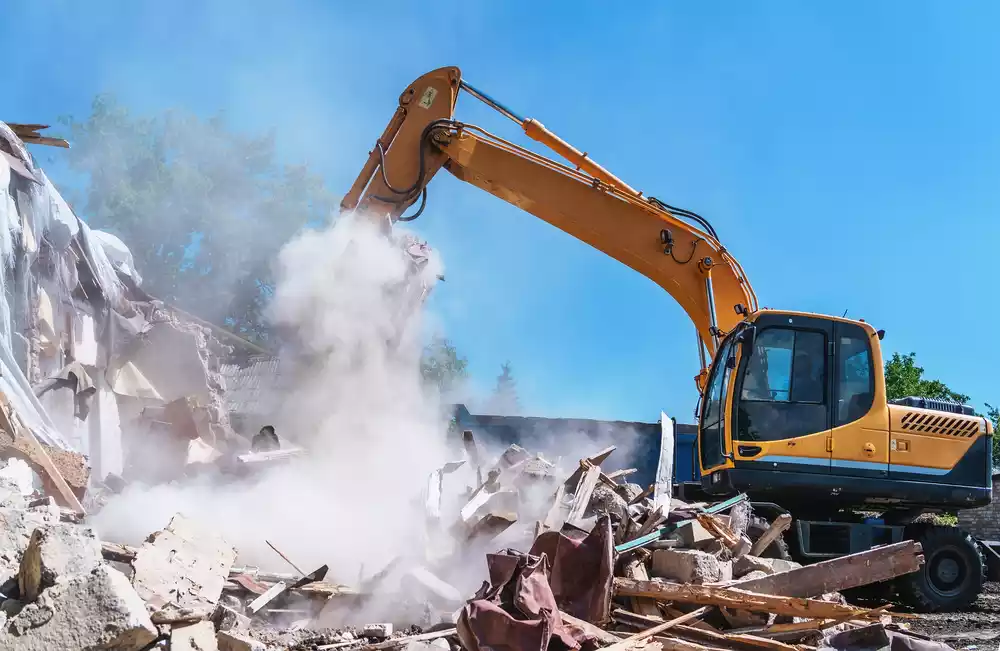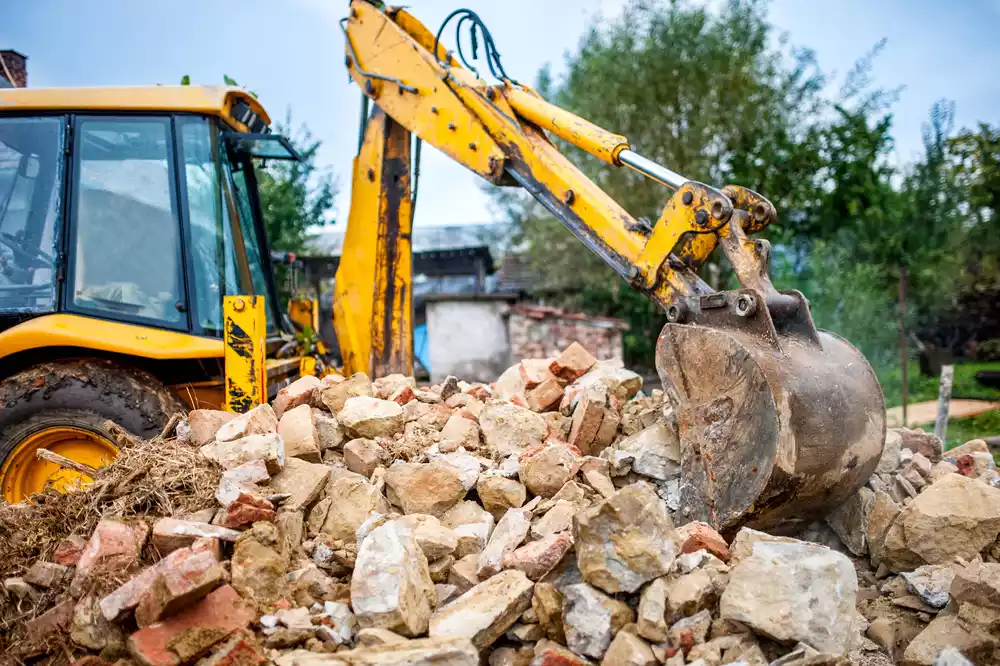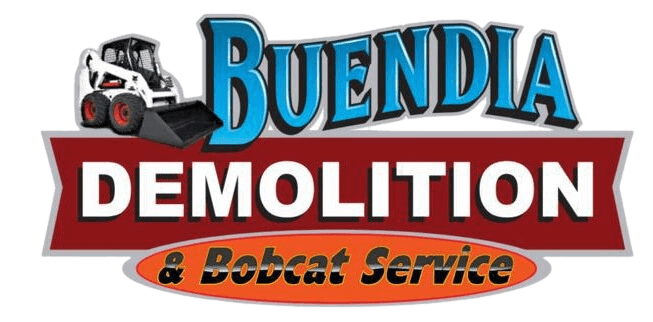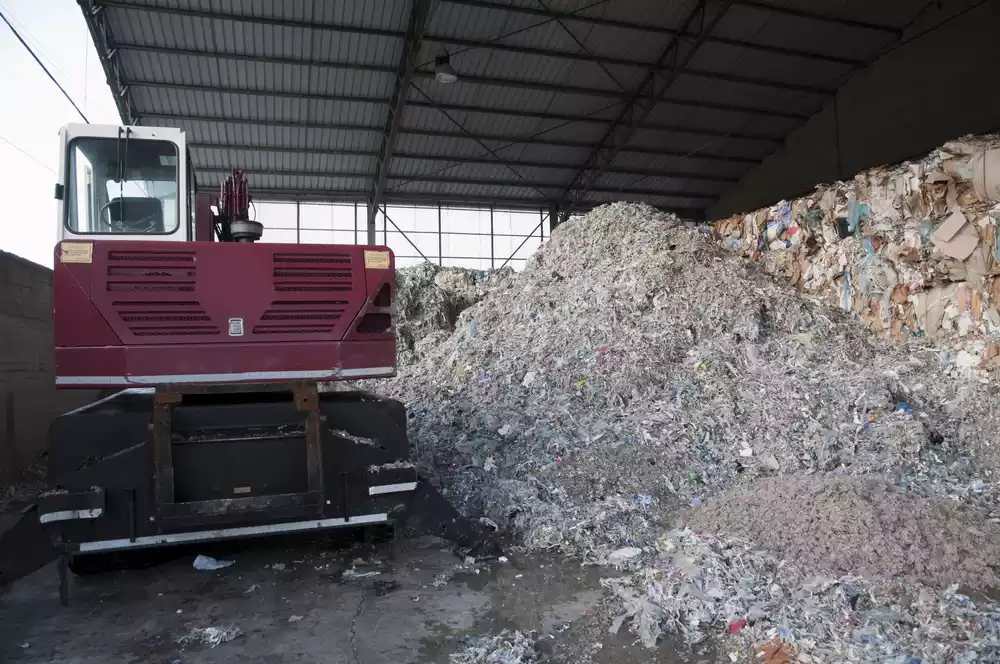In La Jolla, managing waste effectively is essential for maintaining the community’s pristine environment and ensuring sustainable practices. Understanding the different types of waste and knowing how to separate them are crucial steps in recycling and waste management processes. By dividing waste into specific categories, we can enhance recycling efforts and reduce the overall environmental impact.

Different types of waste: An overview
Effectively managing various types of waste is crucial for maintaining environmental sustainability and reducing pollution. Waste is broadly classified into three main categories: organic, inorganic, and hazardous waste. Understanding these types of waste and their subcategories is essential for implementing effective segregation, disposal, and recycling practices.
1.- Organic waste
Organic waste consists of materials that are biodegradable, originating from living organisms. This category of types of waste is nature-derived and, when managed appropriately, can be transformed into a valuable resource.
- Food waste: This comprises leftover foods, fruit peels, vegetable scraps, and expired food products. Food waste is a significant component of household trash and can be composted to produce rich, fertile soil.
- Yard waste: Includes leaves, grass clippings, twigs, and other garden trimmings. Yard waste is particularly abundant in residential areas that maintain lawns and gardens. Composting this type of waste not only reduces landfill use but also generates organic material that can enrich garden soil.
Proper management of organic types of waste involves composting, which transforms these materials into nutrient-rich compost, vital for agricultural activities and gardening. Diverting organic waste from landfills prevents methane emissions, a potent greenhouse gas generated when organic material decomposes anaerobically (without oxygen) in landfills.
2.- Inorganic waste
Inorganic waste is non-biodegradable and can be difficult to break down in the environment, which is why sustainable disposal of these types of waste is crucial. This type of waste is further classified into recyclable and non-recyclable categories.
- Recyclable inorganic waste: Includes items that can be processed and reused, such as plastic bottles, glass containers, cardboard, and metals. Recycling these materials not only saves resources by reducing the need for raw materials but also minimizes environmental pollution.
- Non-recyclable inorganic waste: Consists of materials that cannot be easily broken down or recycled, such as certain types of plastics, ceramics, and mixed packaging materials. These items often end up in landfills and can persist in the environment for long periods.
Effective management of inorganic types of waste is critical to reducing environmental impact. Sorting waste at the source into recyclable and non-recyclable categories enables efficient processing and recycling, thus decreasing the overall waste footprint.
3.- Hazardous waste
Hazardous waste includes materials that pose a significant risk to human health or the environment due to their chemical nature or toxicity. This is one of the most critical types of waste to handle with care.
- Chemical waste: Includes used solvents, paints, pesticides, and other hazardous chemicals that require careful handling to prevent environmental contamination and personal harm.
- Electronic waste (E-waste): Comprises old batteries, electronic circuits, gadgets, and other electronic components that can leach toxic substances into the environment if not disposed of properly. Recycling e-waste is vital, as it often contains valuable metals that can be recovered and reused.
- Medical waste: Contains used syringes, expired medicines, medical equipment, and other healthcare materials. Proper disposal is essential to prevent the spread of infections and protect human health and the environment.
Managing hazardous types of waste necessitates specialized handling procedures to ensure safety and compliance with environmental regulations. Employing professional services for hazardous waste disposal is recommended, as they have the expertise and facilities to handle and dispose of such materials safely.

How to separate different types of waste
Understanding how to separate the various types of waste effectively is crucial for both efficient recycling and maintaining safety standards. By organizing waste into specific categories, we can significantly enhance recycling efforts and ensure that waste is disposed of responsibly.
1.- Organics
- Composting: Organic waste like food scraps and yard waste can be turned into valuable compost. Start by designating a specific area in your garden for composting; this could be a dedicated compost bin or a simple compost pile. Regularly add food scraps such as fruit peels, vegetable trimmings, and even coffee grounds, along with yard waste like leaves and grass clippings. The composting process transforms these organic materials into a nutrient-rich fertilizer, perfect for enhancing soil health and plant growth. Regularly turning the compost pile aids in aeration, speeding up the decomposition process, and preventing unpleasant odors.
2.- Inorganic waste
Recyclable:
- Glass, paper, metals, and plastics: These materials should be clearly separated and placed in recycling bins. It’s essential to follow specific recycling guidelines: rinse containers to remove any food residue and prevent contamination of recyclable materials. Additionally, flattening cardboard boxes helps save space in recycling bins, making the process more efficient.
- Sorting at the source: Implementing sorting practices directly in households or offices encourages accountability and increases the rate of recycling. Clearly marked and strategically placed bins can guide proper disposal behavior.
Non-Recyclable:
- These items require special handling and should be accumulated separately from recyclable materials. They include certain plastics that aren’t recyclable, ceramics, and mixed-material items that can’t be easily processed.
- Disposal compliance: It’s important to follow local guidelines for disposing of non-recyclable waste. Many communities offer specific drop-off points or collection services to ensure proper handling. Checking regularly with local waste management authorities can keep you informed about the best practices and legal requirements.
3.- Hazardous waste
- Safe disposal: Hazardous waste, which includes chemical, electronic, and medical waste, demands special attention to ensure public safety and environmental protection.
- Storage: These items should be stored in separate, well-marked containers to prevent accidental mixing and potential hazards. Clearly labeling containers and keeping them away from general waste reduces the risk of spills and contamination.
- Professional disposal: Contacting professional waste disposal services is crucial for managing hazardous waste. These services are equipped with the necessary tools and knowledge to handle hazardous materials safely, ensuring compliance with environmental regulations.
Effectively separating different types of waste contributes to a cleaner, safer environment by reducing landfill overflow and promoting recycling efforts. By actively engaging in proper waste separation practices, communities like La Jolla can enhance public safety, support sustainable initiatives, and foster environmental stewardship.
Tips for effective waste management in La Jolla
- Educate and involve household members: Ensure everyone in your home understands the different types of waste and how they should be separated.
- Label bins clearly: Clearly labeling recycling, compost, and trash bins can significantly improve separation efficiency.
- Stay informed about local policies: La Jolla has specific waste management regulations. Regularly updating your knowledge ensures you comply with local protocols.
- Adopt minimal waste practices: Reduce waste generation by buying in bulk, opting for reusable containers, and avoiding single-use items.

Enhance your waste management with professional help
For larger waste projects, having a professional service to manage the waste can be incredibly beneficial. At Buen Dia Demolition, we offer expert demolition services in La Jolla, ensuring effective waste handling and disposal. Our efficient service ensures that all types of waste from demolition or renovation projects are sorted and disposed of correctly. Professional services like ours are crucial for large-scale projects where separating and managing waste can be overwhelming.
Contact Buen Dia Demolition for your demolition needs in La Jolla and experience our excellent service, which aligns with sustainable waste management practices. We provide solutions tailored to the unique features of La Jolla’s environment, ensuring all waste, whether organic, inorganic, or hazardous, is managed responsibly. Let us assist you in maintaining effective waste management to safeguard the beauty and sustainability of La Jolla.

